News
HHS CTO on the Power of Connection
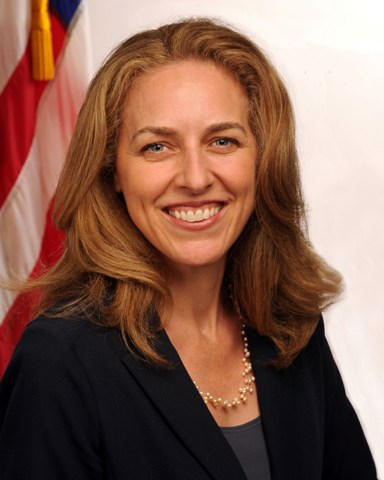 A learning system for health is not a new concept. It is an ancient instinct to share our experiences and stories. But technology allows us to widen the network of people we can talk with, increase the velocity of those conversations, inject them with more source material, then archive and make them searchable. For patients and caregivers, building that system means connecting people who share a diagnosis so they can share insights with each other – and with researchers. For example, the FDA is now partnering with PatientsLikeMe to explore how patient-reported data can shed light on drug safety.
A learning system for health is not a new concept. It is an ancient instinct to share our experiences and stories. But technology allows us to widen the network of people we can talk with, increase the velocity of those conversations, inject them with more source material, then archive and make them searchable. For patients and caregivers, building that system means connecting people who share a diagnosis so they can share insights with each other – and with researchers. For example, the FDA is now partnering with PatientsLikeMe to explore how patient-reported data can shed light on drug safety.
- Login to post comments
- News
Halamka's Report on the June 2015 HIT Standards Committee
 The June 2015 HIT Standards Committee focused on celebrating the accomplishments of those individuals who have reached their federal advisory committee term limits. Most served 6 years...Karen DeSalvo thanked each one and I offered comments about their unique contributions, changing the fundamental trajectory of standards in the US from a 1990’s “EDI” payload model to a 2015 “Facebook” Application Program Interface model. Their leadership has brought modern, open web standards to the healthcare domain, specified controlled vocabularies, and established appropriate security. They will be missed.
The June 2015 HIT Standards Committee focused on celebrating the accomplishments of those individuals who have reached their federal advisory committee term limits. Most served 6 years...Karen DeSalvo thanked each one and I offered comments about their unique contributions, changing the fundamental trajectory of standards in the US from a 1990’s “EDI” payload model to a 2015 “Facebook” Application Program Interface model. Their leadership has brought modern, open web standards to the healthcare domain, specified controlled vocabularies, and established appropriate security. They will be missed.
- Login to post comments
- News
Dutch Healthcare Trade Group To Validate Open Source Solutions
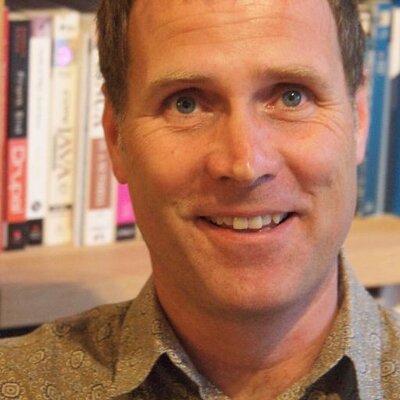 The Dutch Association of Research Quality Assurance (DARQA), a trade group representing about 600 health care institutions and suppliers, will assist in validating open source software solutions for use in health care. Approved solutions will be given so-called vendor compliance statements, asserting compliance with European and global health care ICT standards. DARQA hopes to endorse hospital information systems, document management tools, archiving solutions and software for data analysis.
The Dutch Association of Research Quality Assurance (DARQA), a trade group representing about 600 health care institutions and suppliers, will assist in validating open source software solutions for use in health care. Approved solutions will be given so-called vendor compliance statements, asserting compliance with European and global health care ICT standards. DARQA hopes to endorse hospital information systems, document management tools, archiving solutions and software for data analysis.
- Login to post comments
- News
Open Data Key To Tackling Neglected Tropical Diseases
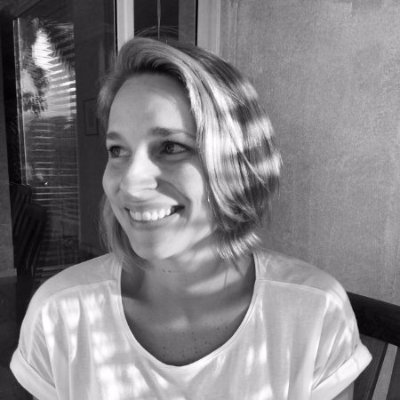 Open data access could promote collaborations among researchers in Africa and help in the fight against malaria, tuberculosis (TB) and neglected tropical diseases such as sleeping sickness, also called African trypanosomiasis. At a time when demand for open data in health and drug discovery is dominating the digital space, some researchers say the model could work for Africa and alleviate the sufferings of many from these diseases. Following the call on 23 April this year from the WHO for the disclosure of all results from clinical trials of new medicines, there is a push towards greater transparency.
Open data access could promote collaborations among researchers in Africa and help in the fight against malaria, tuberculosis (TB) and neglected tropical diseases such as sleeping sickness, also called African trypanosomiasis. At a time when demand for open data in health and drug discovery is dominating the digital space, some researchers say the model could work for Africa and alleviate the sufferings of many from these diseases. Following the call on 23 April this year from the WHO for the disclosure of all results from clinical trials of new medicines, there is a push towards greater transparency.
- Login to post comments
- News
European Union's 5-year Roadmap for IT and Open Source
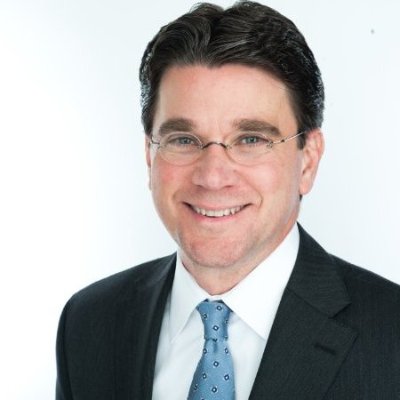 After months of preparation, the European Commission (EC) released its broad 5-year roadmap in early May for information and communications technology (ICT) policy, the Digital Single Market Strategy, or DSM. The plan is structured around three main pillars or goals, which include...
After months of preparation, the European Commission (EC) released its broad 5-year roadmap in early May for information and communications technology (ICT) policy, the Digital Single Market Strategy, or DSM. The plan is structured around three main pillars or goals, which include...
- Login to post comments
- News
Standards Alone are not the Answer for Interoperability
 Today I have the honor of presenting a guest blog by David McCallie MD, SVP Medical Informatics, Cerner. He summarizes the collective feeling of the industry about the trajectory of interoperability..."I have been honored to have served on the HIT Standards Committee from its beginning in 2009. As I reach my term limits, I have reflected on what we have all learned over the past six years of helping to define the standards for the certified EHR technology that lies behind the Meaningful Use program...
Today I have the honor of presenting a guest blog by David McCallie MD, SVP Medical Informatics, Cerner. He summarizes the collective feeling of the industry about the trajectory of interoperability..."I have been honored to have served on the HIT Standards Committee from its beginning in 2009. As I reach my term limits, I have reflected on what we have all learned over the past six years of helping to define the standards for the certified EHR technology that lies behind the Meaningful Use program...
- Login to post comments
- News
Veterans Adding Life Story to Medical Records
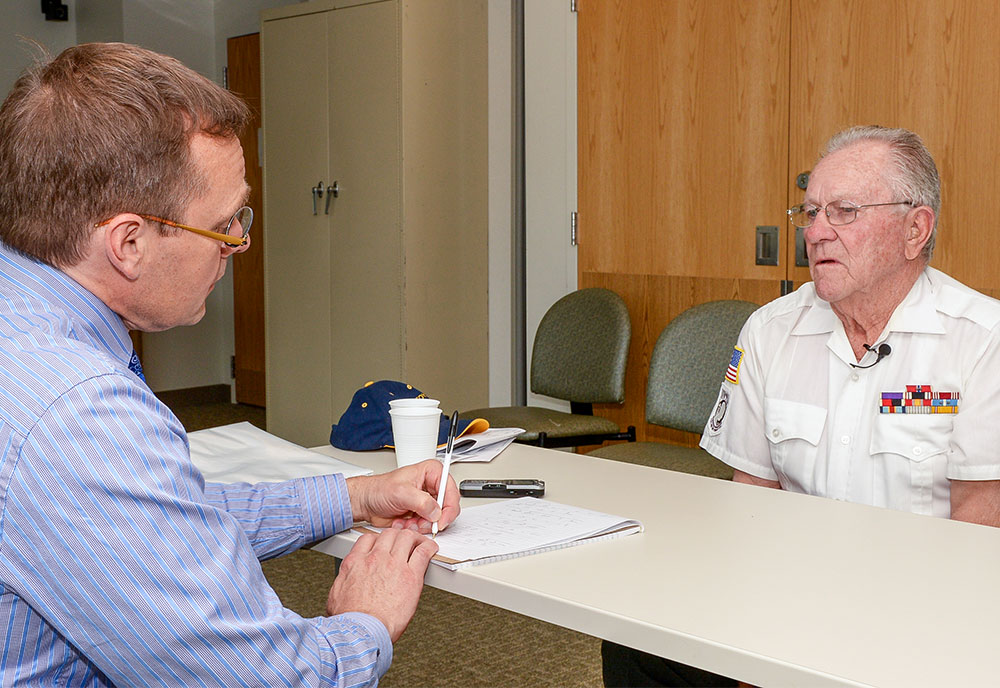 “Doctors don’t generally have time to listen to your life story,” said Eileen Ahearn, a psychiatrist at Madison who launched the “My Life, My Story” program in March 2013. “But they do have time to read a one or two page summary in your medical chart. It helps them understand who it is they’re treating. You’re no longer just a collection of symptoms. You’re a human being.” Ahearn remembers reading the life story of a patient she was about to begin treating for chronic depression.
“Doctors don’t generally have time to listen to your life story,” said Eileen Ahearn, a psychiatrist at Madison who launched the “My Life, My Story” program in March 2013. “But they do have time to read a one or two page summary in your medical chart. It helps them understand who it is they’re treating. You’re no longer just a collection of symptoms. You’re a human being.” Ahearn remembers reading the life story of a patient she was about to begin treating for chronic depression.
- Login to post comments
- News
Are jackalopes and information blocking similar?
 Looking to dupe urbanite travelers, bartenders and bar owners in rural Western taverns sometimes fasten antelope horns to the head of a large jackrabbit. They then mount the whole thing, hang it over the bar and tell visitors looking for a craft brewed IPA to watch for vicious jackalopes when they’re out and about. So, are we having a jackalope moment in health IT? Do we believe in something we can’t see? The suggestion has been made that some vendors are actively engaged in “information blocking”—a basic refusal to exchange patient data with other systems. Either that or they’re charging boatloads of money to do so, which is framed as a form of information blocking in a way, but not exactly.
Looking to dupe urbanite travelers, bartenders and bar owners in rural Western taverns sometimes fasten antelope horns to the head of a large jackrabbit. They then mount the whole thing, hang it over the bar and tell visitors looking for a craft brewed IPA to watch for vicious jackalopes when they’re out and about. So, are we having a jackalope moment in health IT? Do we believe in something we can’t see? The suggestion has been made that some vendors are actively engaged in “information blocking”—a basic refusal to exchange patient data with other systems. Either that or they’re charging boatloads of money to do so, which is framed as a form of information blocking in a way, but not exactly.
- 1 comment
- News
How Medical Device Manufacturers Inject Copyright Into Treatments
 Arguments for proprietary data hoarding have been aired in the computer movement for decades, and have been decisively overturned by open source advocates and security experts. The real question is why any patient should be denied access to data that can improve his quality of life and chances of survival. In an age where "patient activation" and "Quantified Self" are buzzwords uttered throughout the medical industry, it is inconceivable that it could tolerate the present situation.
Arguments for proprietary data hoarding have been aired in the computer movement for decades, and have been decisively overturned by open source advocates and security experts. The real question is why any patient should be denied access to data that can improve his quality of life and chances of survival. In an age where "patient activation" and "Quantified Self" are buzzwords uttered throughout the medical industry, it is inconceivable that it could tolerate the present situation.
- 1 comment
- Feature Story
VA Releases Open Source Policy Memorandum
 The US Department of Veterans Affairs (VA) has just made public an executive policy memorandum that mandates a thorough evaluation of "Open Source Software (OSS) solutions when [the] VA acquires software." The policy also calls for the Federal agency to consider the use of open source "development practices when VA develops software." The release of this policy places the VA as the leader in government agencies innovating through the use of open source software.
The US Department of Veterans Affairs (VA) has just made public an executive policy memorandum that mandates a thorough evaluation of "Open Source Software (OSS) solutions when [the] VA acquires software." The policy also calls for the Federal agency to consider the use of open source "development practices when VA develops software." The release of this policy places the VA as the leader in government agencies innovating through the use of open source software.
- Login to post comments
- News